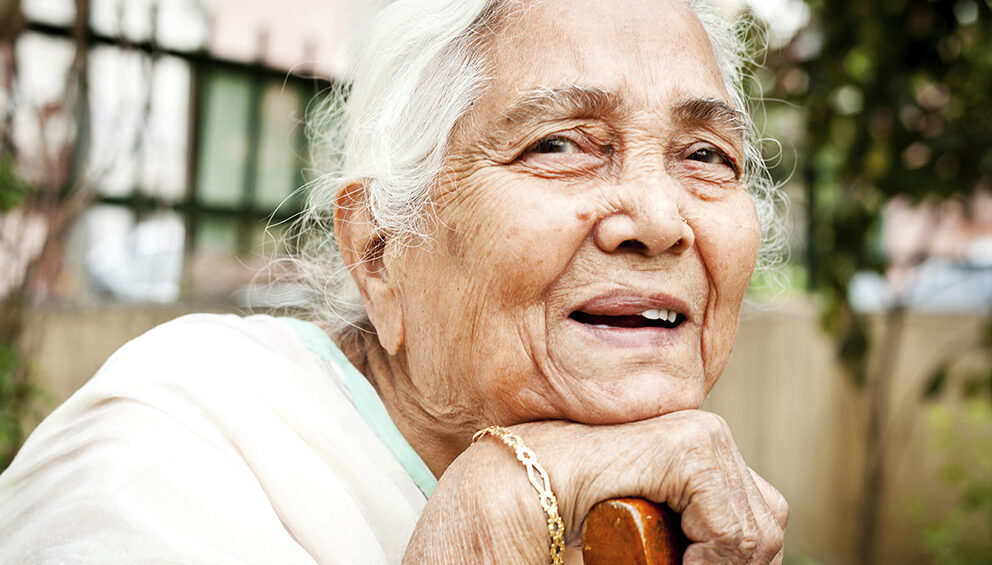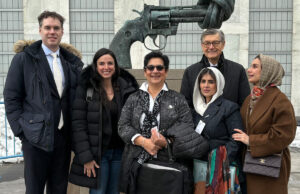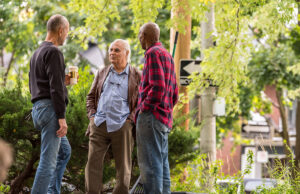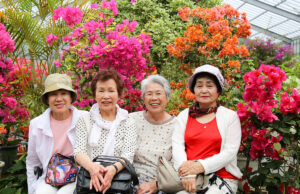Person-Centered + Non-Invasive Technology = Excellence in Dementia Care
IAHSA’s U.S. Chapter, LeadingAge recently awarded the Excellence in Dementia Care Award to Presbyterian SeniorCare, a nonprofit provider of aging services in Pittsburgh, Pennsylvania that developed a residential Alzheimer’s community aimed at promoting self-care through non-invasive technology. The award recognizes an organization for creating programs or services that are models of excellence and contribute significantly to the quality of life of individuals with dementia.
At the personal care community of Woodside Place, Presbyterian SeniorCare developed the Woodside Experience over 20 years ago and has been improving it ever since as a model of Alzheimer’s and dementia care. They continue to take advantage of new ideas, technologies and practices including spaced retrieval, Montessori-based dementia programming and adaptive technologies such as It’s Never 2 Late (IN2L).
In 2012, Presbyterian SeniorCare began to work closely with NewCare Solutions to adapt their bed sensors without alarms to meet the needs of a dementia specific community. The solution called Silent Alert was piloted in phases across the community to carefully track outcomes, identify issues and opportunities, and make modifications to optimize the solution. As a result, the product underwent real-time and significant changes based upon feedback provided by the Woodside Place team. The sleep algorithm, for instance, did not exist at the beginning of the pilot, but was added after NewCare and the Woodside Place team realized that the data could be interpreted to highlight residents that were not feeling well. NewCare took this input and automated the process by developing the SASI sleep index.
To measure the impact of implementing the SilentAlert Sleep Monitoring System, night time falls were analyzed for a period of 7 months prior to our implementation of the system. The data were compared to the average results between October 2012 and June, 2014 and revealed more than a 40% reduction in night time falls. The Sleep Monitoring Algorithm also proved effective in helping identify resident health issues such as urinary tract infections. The system tracks the sleep cycle of the each resident and the team is able to see changes in baseline. The early identification of these issues allowed staff to proactively address these conditions, thereby avoiding unnecessary hospitalizations and reducing overall falls risk to the residents – even during the day.

Recently Added
February 19, 2026
Statement to the United Nations: February 2026
January 22, 2026




